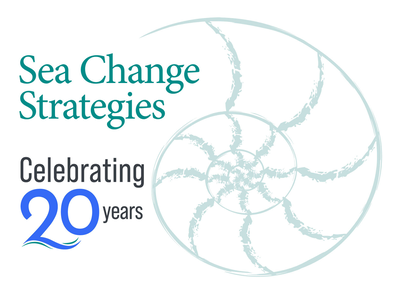The art of the interview: What I learned in Haiti
I touched down in Port Au Prince, Haiti last Monday. I was welcomed by a heavy smoky smell in the air and a creole-speaking driver named Alix.
Two colleagues and I were in Haiti with the goal of gathering stories from the field we fundraisers often lament we lack.
The team’s challenge? Interview program beneficiaries and program leaders and turn those interviews into compelling fundraising stories.
Over the course of the week, I spoke with a sex worker, a community leader who teaches people how to prevent cholera outbreaks in rural Maissade, a gay man who provides support to members of Haiti’s highly marginalized homosexual community, among many others.
I’ve led tons of interviews over the course of my career, but these proved challenging and I learned quite a bit. Here are three takeaways:
(1) Make your character relatable. What makes this person interesting? Ask questions like:
- What makes you happy?
- How do others in your community describe you?
- Who is your favorite actor/musician? Why?
- What do you do in your spare time?
(2) Don’t be afraid of conflict questions. People tend to gloss over the hard parts. They want to get to the happy ending. Keep coming back to probe conflict with questions like:
- What is your biggest fear?
- What is the hardest part of your day?
- Tell me about a moment when you were afraid things wouldn’t work out?
- Is there a person or people who don’t want you to succeed? How do they try to stop you?
(3) The small stuff matters. Things like body language and self-disclosure were highly important to successful interviews. I’d make it a point to get on the same eye level or below the interviewee (in one case, this involved kneeling on the ground in a dusty park). Further, I would reveal some details about myself to increase rapport and minimize a power dynamic.
I am grateful to each person I met on my trip. I am inspired by their stories, their struggle and their strength.
Further, I’m humbled — the art of the interview is a lifelong practice indeed.
